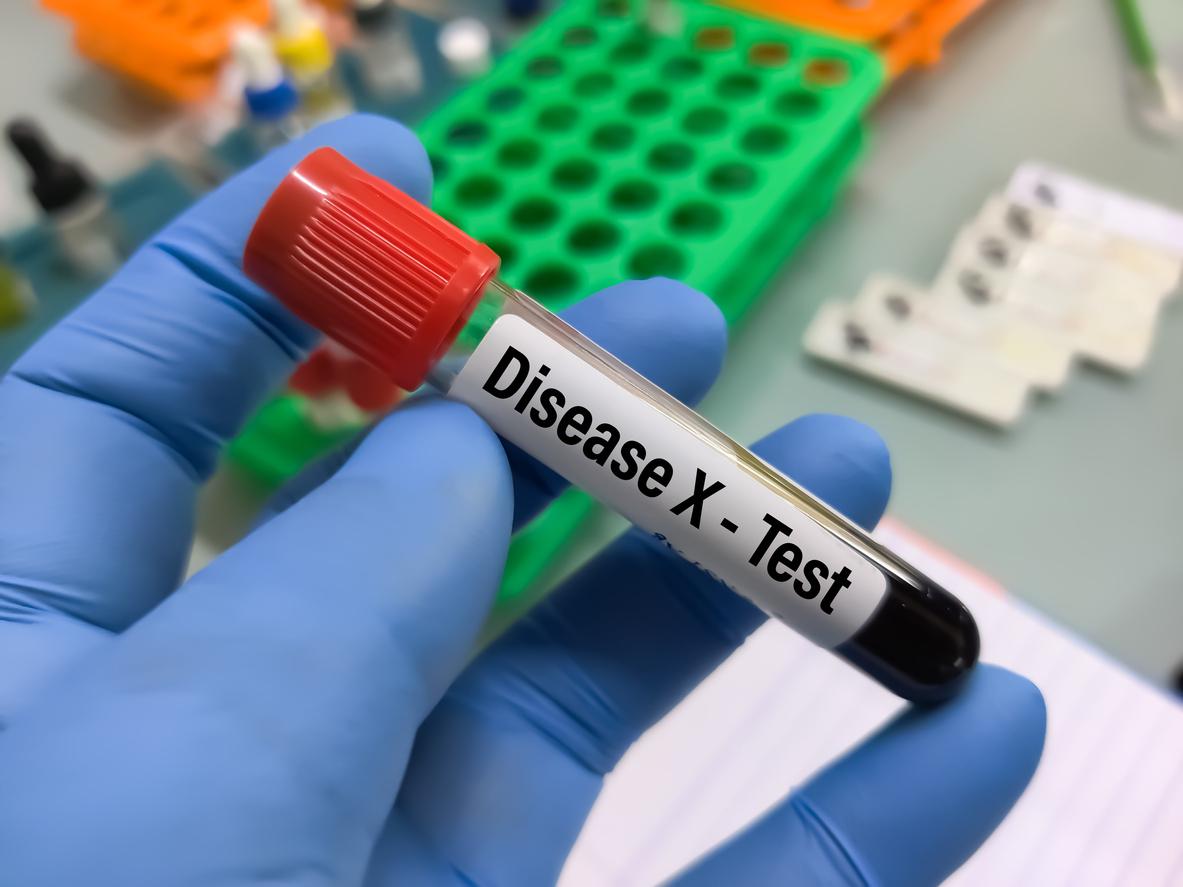A team of Australian scientists from the Walter and Eliza Hall Institute have designed a new blood test that quickly and accurately identifies celiac disease, which is gluten intolerance. She has published her research in the journal Clinical and Experimental Immunology.
A simplified test
The researchers carried out their study on 48 volunteers. Their test detects and measures cytokines, a substance released by lymphocytes in celiac disease. According to their results it is effective and reliable after only 3 days of consumption of gluten in healthy patients and patients declared.
Good news, because today the diagnosis of this disease is restrictive and long. It takes place in three stages. It is first necessary to do a blood test which detects the level of certain antibodies (anti-endomysium or anti-tissue transglutaminase). If it is too high, it is likely that the body will react badly to gluten. Those at risk then undergo a biopsy (a sample of tissue) of the small intestine. In celiac disease, the intestinal villi are destroyed (the mucosa becomes smooth). Then a gluten-free diet validates the first two results.
Dr Jason Tye-Din, gastroenterologist and lead author wants “larger studies to be done to verify the effectiveness of this test, so that it can be used as widely as possible. ”
A painful disease without treatment
Celiac disease is a permanent intolerance to certain protein fractions of gluten. It causes villous atrophy (destruction of the villi in the small intestine). This results in malabsorption of nutrients, especially iron, calcium and folic acid. Its symptoms are painful (chronic diarrhea, bloated stomach, anemia, etc.) and the only treatment for celiac disease is to follow a gluten free diet strict and for life because there are no drugs today.
Today, 150,000 people suffer from this disease and according to the Association Française Des Intolérants Au Gluten (Afdiag), in France, only 10 to 20% of patients are diagnosed.
To learn more about this disease: http://www.afdiag.fr















